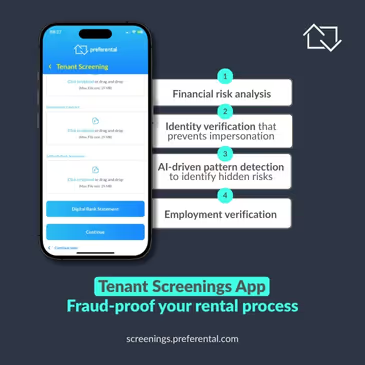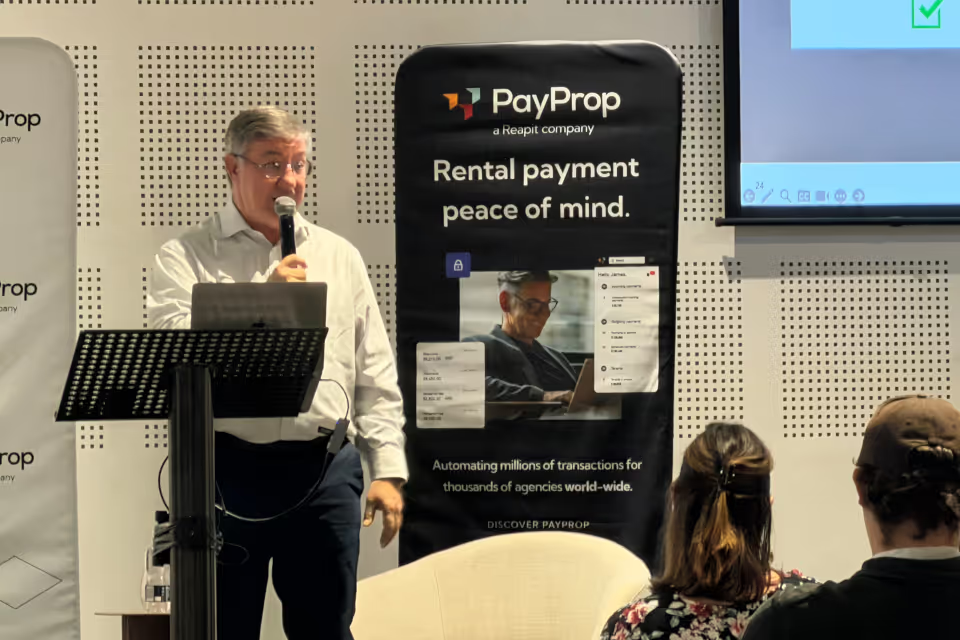Levies in Arrears: The hidden crisis threatening SA Sectional titles
- Falling behind on levies can cost you your car, furniture, or even your home.
- Courts are tightening enforcement as schemes collapse under unpaid levies.
Levies - The Lifeblood of Sectional Title Living
For thousands of South Africans living in sectional title complexes and estates, monthly levy payments are what keep the lights on, the gardens green, and the water running. These contributions fund everything, from maintenance and security to insurance and managing agents’ fees.
But when owners stop paying, the financial strain spreads like a virus. Within months, cash flow collapses, maintenance stalls, and once-desirable communities fall into decay. And the consequences for defaulters? They can be devastating.
Failing to pay your levies can now lead not only to the loss of your property but also to the seizure of your movable assets, including vehicles, electronics, and household goods.
A growing national crisis
Attorney Johlene Wasserman of VDM Incorporated, a sectional title specialist, says the problem has reached a tipping point.
“Unpaid levies are crippling community schemes throughout South Africa,” says Wasserman. “CSOS’s 2023/24 Annual Report shows 15,587 dispute applications, 62.5% of them linked to levy arrears. Many once-thriving complexes are deteriorating fast, with water and electricity under threat and basic services collapsing.”
Across the country, bodies corporate are fighting a losing battle against rising arrears, tight budgets, and economic pressure. And when trustees don’t act swiftly, entire schemes can slide into insolvency.
Court Interventions: When the law steps In
Owners often assume bodies corporate can’t do much beyond sending reminder letters, but that’s no longer true. Courts are increasingly supportive of enforcement actions, provided they’re handled lawfully.
“If a judgment is granted for arrear levies, a body corporate can apply under Section 66 of the Magistrates’ Courts Act to attach the debtor’s movable property,” explains Wasserman. “What they may not do is take the law into their own hands, no illegal disconnections, gate restrictions, or public shaming. That’s unlawful and exposes trustees to spoliation claims.”
What Is a Section 66 Application?
A Section 66 Application empowers a creditor, such as a body corporate or homeowners’ association, to attach and sell movable property to recover unpaid debts.
It’s a serious process, requiring:
- A valid court judgment confirming the debt
- Proof that payment demands have failed
- Approval from the court or clerk
- Execution by the sheriff to attach and sell assets
The proceeds from these sales are used to pay the outstanding levies, legal costs, and any related fees.
Recent Judgements: The Courts are losing patience
South African courts have made it clear, levy arrears won’t be tolerated.
- Bondi Body Corporate v Unpaid Owner (2024, South Gauteng High Court)
The court allowed the sale in execution of a Roodepoort unit over unpaid levies of R50,974.31 even though the property was bonded for R632,000. The message was clear: levy debts rank for recovery before transfer can occur. - Cilaos Body Corporate v Tsengiwe (2025)
The court confirmed that a body corporate may disconnect electricity for non-payment, if it complies with the Sectional Titles Schemes Management Act. The owner owed nearly R100,000 and the court upheld the recovery of legal fees under Regulation 25(4).
“These rulings are a wake-up call,” says Wasserman. “The courts are reinforcing the principle that levy arrears are not negotiable, they’re a statutory obligation.”
Financial Obligations: You can’t opt out
“When you buy into a community scheme, you buy into a shared responsibility,” says Wasserman.
“You can’t opt out of paying levies, not by withholding payment, not by disputing management decisions, not even by renting out your unit. You become a member of the scheme the moment the property transfers into your name. It’s part of the deal.”
Bodies corporate can apply to CSOS under Section 39(1)(f) to redirect rental payments from a tenant directly to the body corporate until arrears are settled. Structured payment plans can be negotiated, but leniency has limits, every delay affects the financial health of all owners.
Key legal Principles for Trustees and Owners
- Act within 60 days of arrears, delays lead to special levies, service disruption, and instability.
- No unlawful disconnections or lockouts - follow due legal process.
- Legal costs are recoverable - reasonable collection expenses can be claimed from the defaulting owner.
- Owners remain liable - regardless of disputes or tenant occupancy.
- Use Section 66 properly - ensure court approval and sheriff execution.
“With the right legal strategy,” Wasserman concludes, “schemes can recover arrears, protect cash flow, and restore financial stability, without crossing legal lines.”
Preventing a levy meltdown
South Africa’s community housing sector stands at a crossroads. As interest rates, arrears, and service costs climb, trustees must professionalise collections and strengthen financial discipline.
Transparent communication, early intervention, and legal compliance are key. Without them, even the best-run schemes can collapse under the weight of unpaid levies.
Because in sectional title living, your neighbour’s debt is everyone’s problem and ignoring it could cost you your home too.














.avif)

.avif)




.svg)





























.avif)
